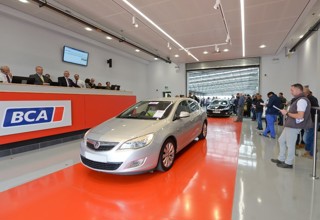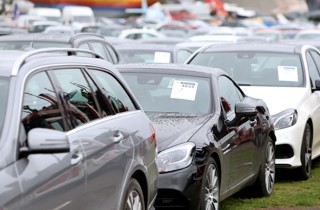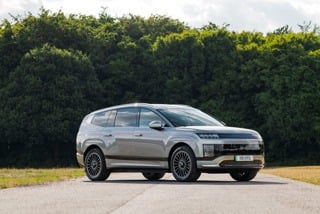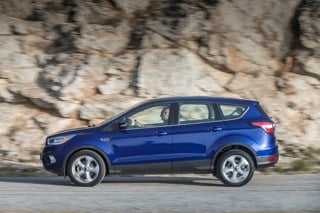Cap HPI has reported that used car values have “softened” during March as the SUV segment defined an overall average decline of 0.9% at three years and 60,000 miles.
Combined with reported drops in January and February the overall decline for the year-to-date now stands at 2.1% – a 3.3% negative swing compared to value movements in the same period a year ago – according to its market data.
Derren Martin, Cap HPI’s head of UK valuations, said: “Despite current economic uncertainty over Brexit, price drops in the used car market cannot be apportioned to this.
“The market has seen prices going up over the last year to 18-months, and there is still a theme of a reluctance to pay high prices and squeeze retail margins.
“We continue to witness a gentle, downward pricing realignment.”
Cap HPI reported that prices in March have held up well with the average value movement a small increase of 0.2% over the last five years.
Only 2017 registering a negative figure during that time, when values declined by 0.1%, it said.
This March has not been without its used car price rises, however.
Electric vehicles (EVs) increased in value, with the Renault Zoe attracting an 8% increase in the month.
Cap HPI said that the movement means that a one-year-old Zoe is now worth almost 50% more than it was at the start of 2018 – a rise of around £5,000.
City cars continued to be one of the strongest performing sectors but still registered a decline – albeit by just 0.4% or £30 on average.
The Peugeot 108 was an exceptionally strong performer, particularly under two-year-old examples, with values increasing by around £200 on late-plate cars.
Cap HPI's monthly used car pricing observations stated: "The SUV sector moved down 0.9% at the 3-year point, in-line with, or some might say actually shaping the whole market."
The weakest performance in the SUV sector was amongst smaller models at younger ages, where newer, low mileage vehicles were supplied in large enough quantities to weaken prices by more than the average, it reported.
The average drop, at this age, of small SUV, was a significant £250, highlighting that many cars initially owned for just a short period, are now SUVs.
Very few smaller SUVs bucked this trend, but there were some larger cars where demand exceeded supply and prices increased.
These include the latest BMW X6 diesel, the Hyundai Tucson petrol and the Lexus NX and RX hybrids, illustrating that fuel-type on these cars is not an issue overall to consumers.
Martin said: “In the short-term Brexit uncertainty is unlikely to affect the ‘carry on regardless’ nature of the used car market.
“Only if increased new car tariffs become a reality or there is a sizeable economic downturn will used car values become significantly affected.”



















Login to comment
Comments
No comments have been made yet.